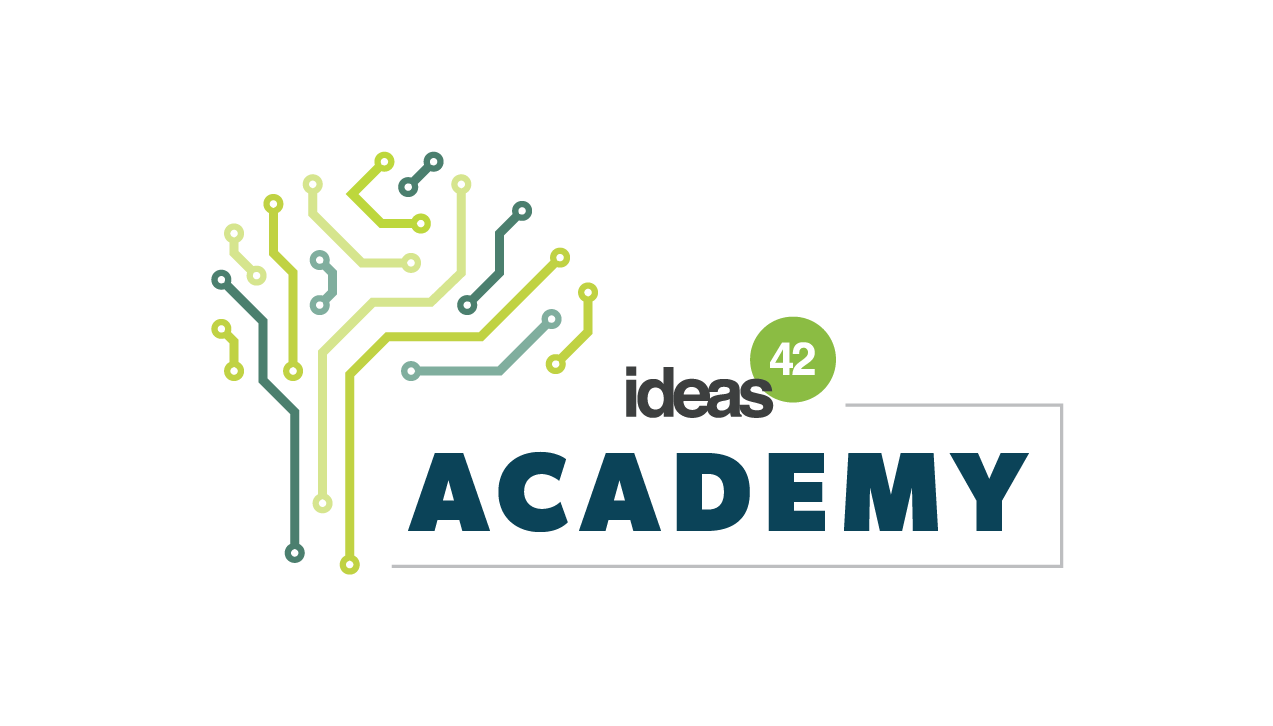Behavioral Science for Practitioners Crash Course
This foundational course will introduce participants to fundamental principles of behavioral science and explore how these concepts can be applied in practice. Participants will leave the course equipped with a deeper understanding of human behavior and practical tools for incorporating strategies to address behavior change in their work.
Who should take this course?
This course is designed for anyone who designs programs, systems, or processes for real people – and who wants to make their work more effective. It’s also designed for curious thinkers with a passion for human behavior. If you’ve ever wondered why people act in seemingly strange ways and behave contrary to their interests - and how we can design programs, products and services that accommodate these quirks – this course is right for you. Typical attendees will include: policy-makers, program managers, product designers, consultants, operations leaders, entrepreneurs, and evaluation specialists.
This is a foundations course, designed for participants with little to no background in behavioral science. If you have some previous experience or behavioral science knowledge (for example, have read several behavioral science books, have a degree in a related field, etc), you may be interested in the Behavioral Design Fellowship.
What will you learn?
In this course participants will:
- Learn how human behavior is influenced by the people, places, and things around us.
- Develop a basic understanding of several of the most common behavioral biases.
- Start to use simple tools that allow you to apply behavioral science in your everyday life or work.
We teach with different learning styles in mind and want to make sure you walk out the door with practical tools in hand. Sessions include interactive lectures, hands-on learning activities, participatory case studies, and networking with other attendees and ideas42 staff.
What will sessions cover?
- Behavioral Science 101 - What is behavioral science? How can we apply it to more intentionally design programs and services? How has it been applied across different sectors and organizations? Equipped with the answers to these questions, participants explore how behavioral science may apply in the context of their personal and professional lives.
- Common Behavioral Insights - We examine several of the most common behavioral insights, relevant for program, service, and product design. Concepts may include: time inconsistency, prospect theory, social norms, limited attention, identity threat, and choice set design, among others. Participants will be introduced to foundational research and will explore how these concepts may arise as barriers or channels in their own work.
- Behavioral Design in Practice - We present two different approaches for applying the insights from behavioral science to design real world programs, services, and products. The diagnose and design methodology is a structured process to deeply examine the underlying drivers of behavior and design targeted solutions. The behavioral audit methodology utilizes light-touch checklist-based tools to rapidly scan program components for common behavioral snags. Participants explore these approaches through interactive case studies and identify how to incorporate them in their own work.
- Behavioral Audit: Communications - Participants are introduced to the communications audit tool, examining the underlying behavioral concepts, practical implementation steps, and use cases. They then apply the audit tool to behaviorally optimize and refine a current or future communication used in their work.
- Networking - Whether attending an in-person or remote course, participants will have the opportunity to connect with fellow attendees and ideas42 instructors to forge new connections and share experiences with a group of like-minded impact oriented practitioners.
Course instructors are senior members of the ideas42 team. These individuals are knowledgeable behavioral design practitioners and thought leaders in the field. From time-to-time we may have our academic affiliates drop in to share their latest research or teach a special session!
Instructors for our courses are:
Typical Session Schedule
- Monday from 12:00 PM - 2:00 PM (ET)
- Tuesday from 12:00 PM - 2:00 PM (ET)
- Wednesday from 12:00 PM - 2:00 PM (ET)
- Thursday from 12:00 PM - 2:00 PM (ET)
- Optional Networking Session - Thursday from 4:00 PM - 5:00 PM (ET)
Pricing
Registrant Type:
- Regular ($875.00)
- Non-profit & Government ($750.00)
Do I need prior experience with behavioral science to take this course?
- None! This is an introductory course, designed for both total newbies and folks who have read a few behavioral science papers and want to learn more about practical application.
Is the Crash Course conducted in person or remotely?
- The Crash Course is currently being conducted remotely. We make the most of available technology to create a dynamic and engaging program. Don't expect to just sit and watch a lecture. Participants will be asked to apply their learning and engage with others through small group work, discussions, quizzes, interactive presentations, and more.
Will the sessions be recorded?
- Yes, all sessions will be recorded and participants will have access to the full set of recordings and course slides.
I want to attend the Crash Course with several of my colleagues. Can we sign up as a group?
- Yes, of course! We love having groups of colleagues in the Crash Course. Feel free to register online, or contact us at academy@ideas42.org for group billing.
Will you offer a refund if I cannot attend a course I have signed up for?
- If you cannot attend a class you have registered for, you must submit your request in writing to academy@ideas42.org at least 30 days before the course date to receive a full refund. Cancellations received within 30 days of the course date are not eligible for a refund.
Crash Course in Behavioral Design for Postsecondary Education
This short course introduces participants to applied behavioral design, some of the most common behavioral barriers that students face, and strategies and design principles for addressing those challenges.
Registration is now closed. Join our email list to stay up-to-date on our latest course offerings.



